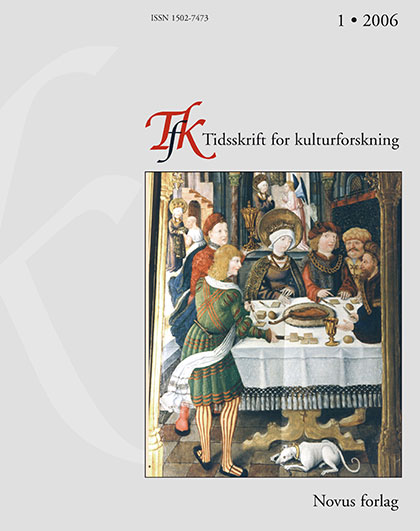Sammendrag
In the article the author argues that culture history must include animals and the human-animal relationship. Humans have always lived with animals, which thereby obtain a place in human existence, in social, economic, political as well as cultural life. One argument would have it that animals are a marginal group that has been neglected as an object of humanistic studies due to anthropocentrism. A second argument is that although there have been steadily declining encounters with live animals, animals are mediated in new ways. A third argument and inspiration comes from the Danish culture historian Troels-Lund (1840-1921) who in his voluminous work Daily Life in the Nordic Countries in the 16th century offers perspectives on animals, culture and history that can inspire scholars of today. These perspectives entail seeing the interaction between people and animals as a territorial struggle in which not only humans but also animals act as subjects. Indeed, in his writings on animals and nature, Troels-Lund reveals a critique of civilisation. He also presents reflections upon the human-animal relationship as a relation that implies sensitive tensions. Inscribing animals in culture history should imply showing historically how animals have been symbolized, pointing out the connections between representations of animals and structural power relations, and insisting upon the human-animal relationship as a lived, empirical relation.
Forfattere beholder opphavsretten og gir tidsskriftet rett til første publisering av arbeidet. En Creative Commons-lisens (CC BY-SA 4.0) gir samtidig andre rett til å dele arbeidet med henvisning til arbeidets forfatter og at det først ble publisert i dette tidsskriftet.

